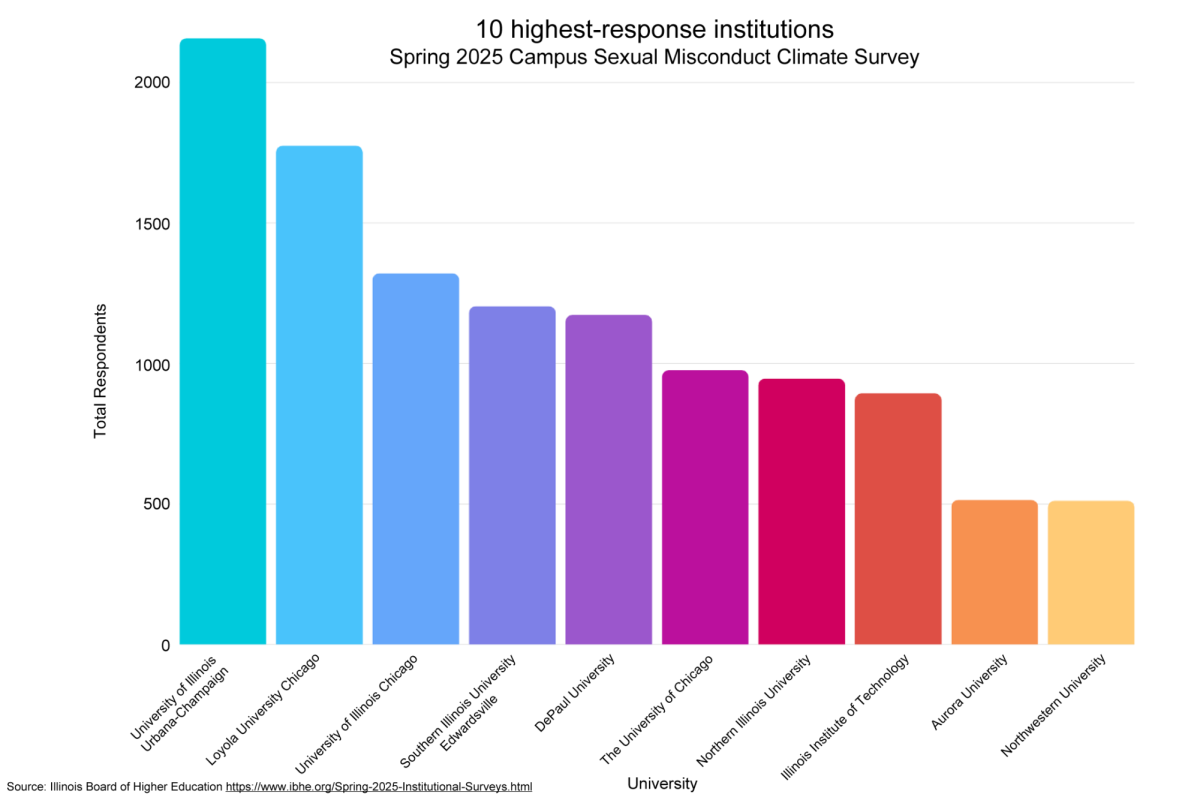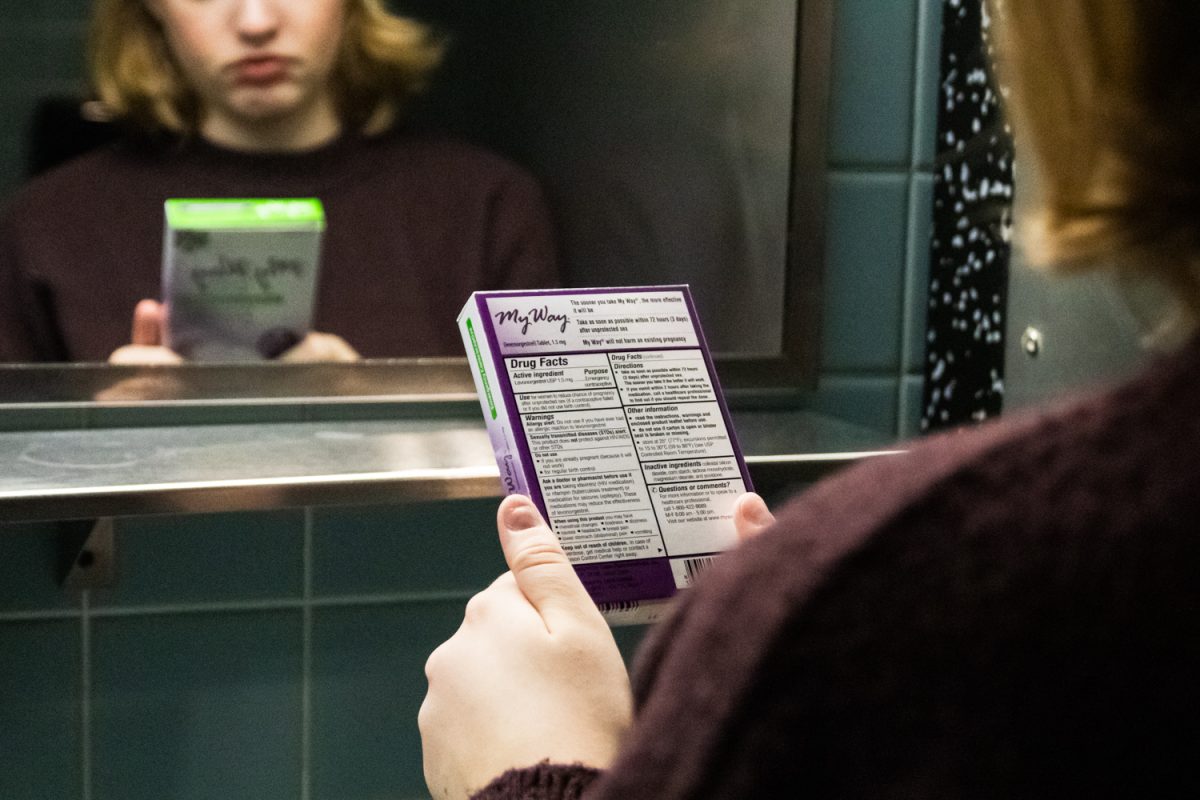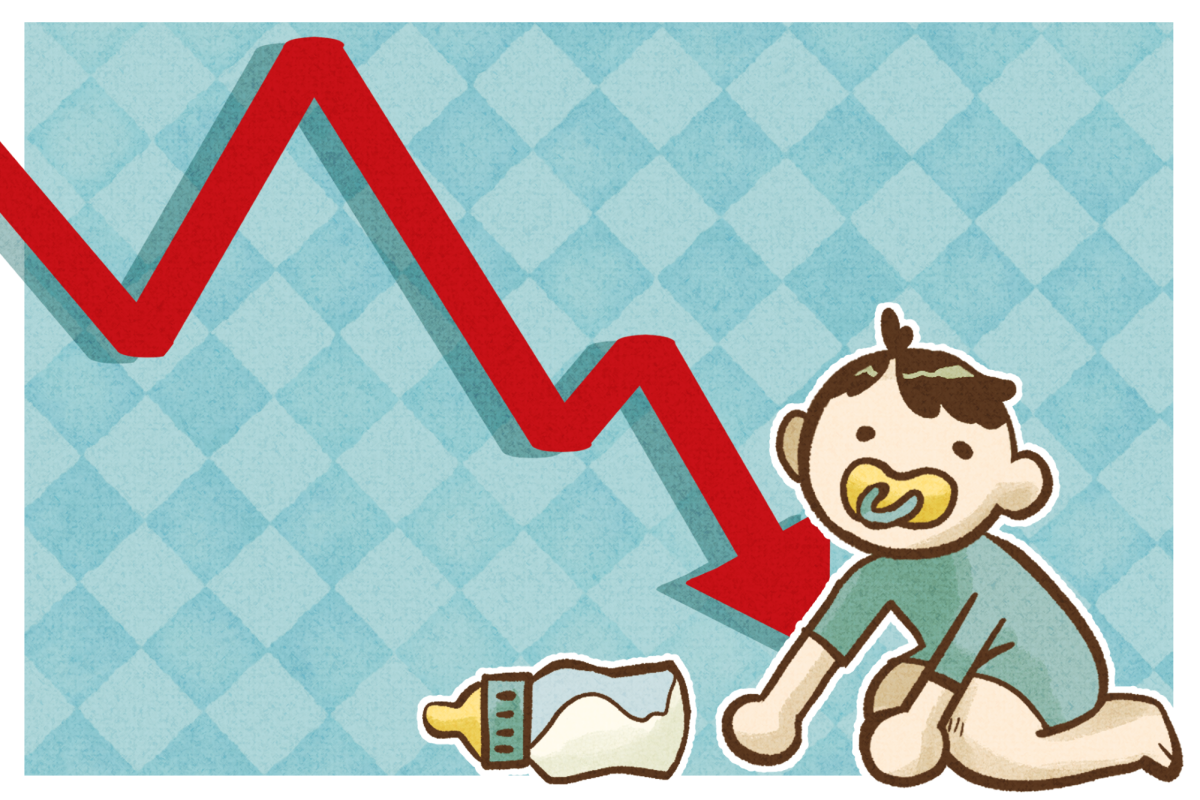The University of Illinois system was awarded a $150,000 one-year grant from the Department of Education with the help of U.S. Sen. Dick Durbin to develop open-source textbooks for students. Charles Evans, University of Illinois associate vice president for academic affairs, will be heading the project.
The project would develop open-source, or free, online textbooks with chapters written by faculty members from all three University of Illinois campuses.
“We are working with all three campuses to find a topic,” Evans said. “Then we will begin looking for faculty to author specific topics.”
Faculty would receive a stipend to author the open-source materials. Sustainability is one potential example of a textbook topic that Evans said faculty members from Illinois campuses have expertise in.
Although open-source textbooks have been developed before, they have not been created at a university-wide level.
Get The Daily Illini in your inbox!
“The question is whether a major research institution such as the University of Illinois can do this,” Evans said. “I am confident we can do this, it is certainly a very important project.”
Ray Schroeder, professor emeritus in communications, said he does not usually require a textbook in his class. Schroeder is also the director of the center for online learning Research and Service at the University of Illinois at Springfield.
“My most recent class has been ‘Internet in American Life,” he said. “A (hardcover) textbook in this field would be out of date. Usually there is a two-year delay between manuscript and distribution.”
Schroeder said he believes writing hardcover textbooks does not seem like a good business model in the 21st century with the amount of money lost in publishing, printing and delivering a textbook.
“Materials should be available online or electronically for download,” he said.
In addition to providing up-to-date materials, both Schroeder and Evans said textbook costs need to be reduced.
“We need to raise the collective consciousness on all three campuses about the costs of textbooks, especially in the current economy, money is tight for everybody,” Schroeder said.
Robert Beezer, professor of mathematics at the University of Puget Sound and UI alumnus, and author of an open-source linear algebra textbook that he started writing in 2004, said there is no reason to believe an expensive textbook is always superior to an open-source textbook.
“Part of our job as faculty is to choose books,” he said. “An easy way out is to say a publishing company looked at it and said it was OK.”
Beezer said most specialized textbooks contain some errors, and he believes accuracy is one area in which an open-source textbook has an advantage. Whenever an error is found, Beezer can update his book easily, and said he announces any changes on a twitter account tied to his book.
R. Preston McAfee, a former professor of economics at Caltech and now working for Yahoo Research, said he wrote his open-source economics textbook because he thought economics textbooks were being progressively watered down.
“They weren’t appropriate for a Caltech audience,” he said.
He also said another motivation for writing his open-source book was his belief that newer editions were actually worse than older ones.
McAfee said he felt “(the publishers) were stealing money from students.”
For Schroeder, there should not be issues pertaining to the quality of open-source textbooks.
“Students have the right to expect the best,” he said.
Beezer acknowledged one problem with open-source material is differentiating between good and bad material, which is why he said he is working on getting more reviews on open-source material by faculty members.
Evan said he hoped the first open-source textbook will be produced by fall 2011.
“I would hope that we will have materials available in about a year,” he said.





